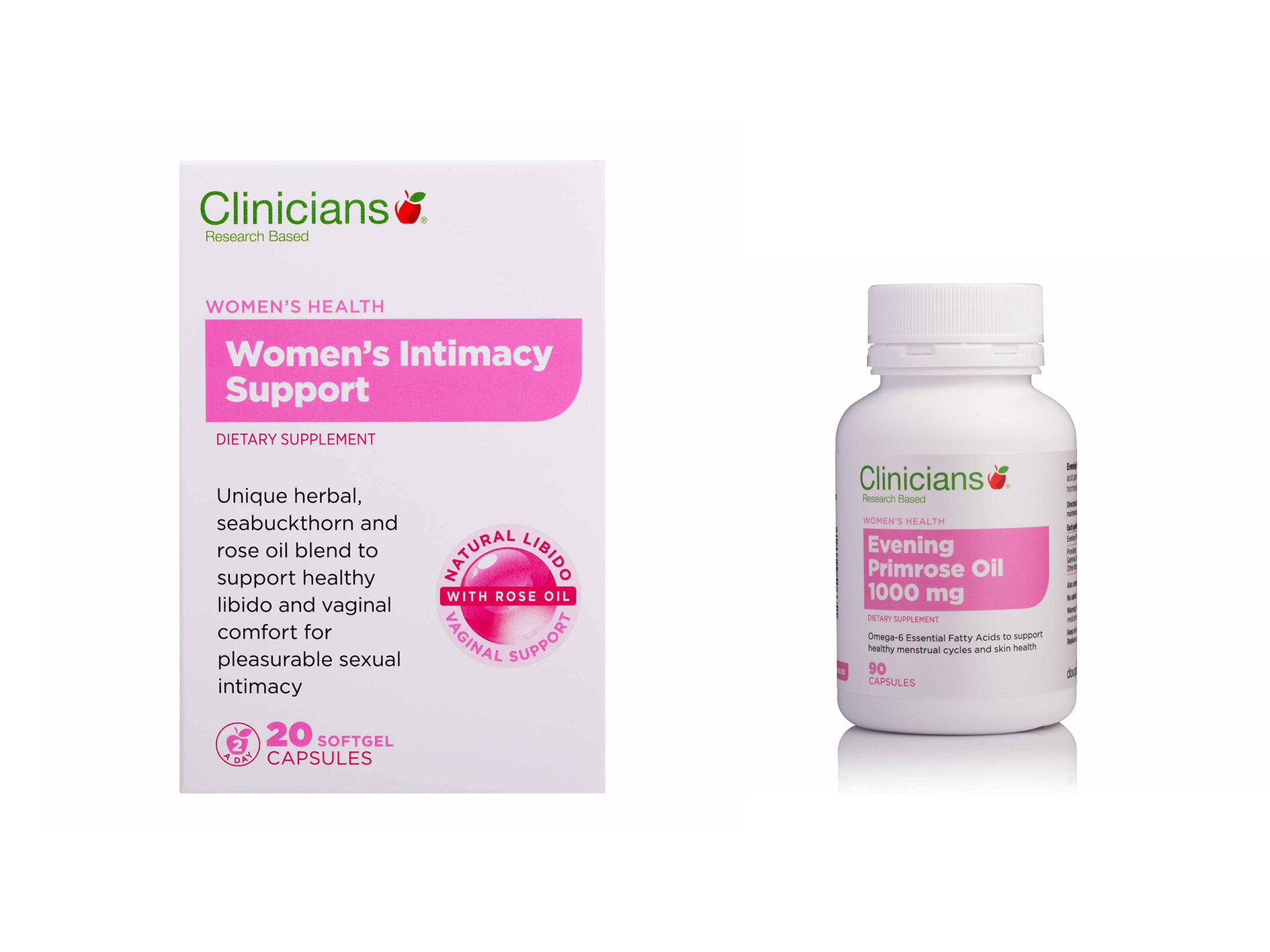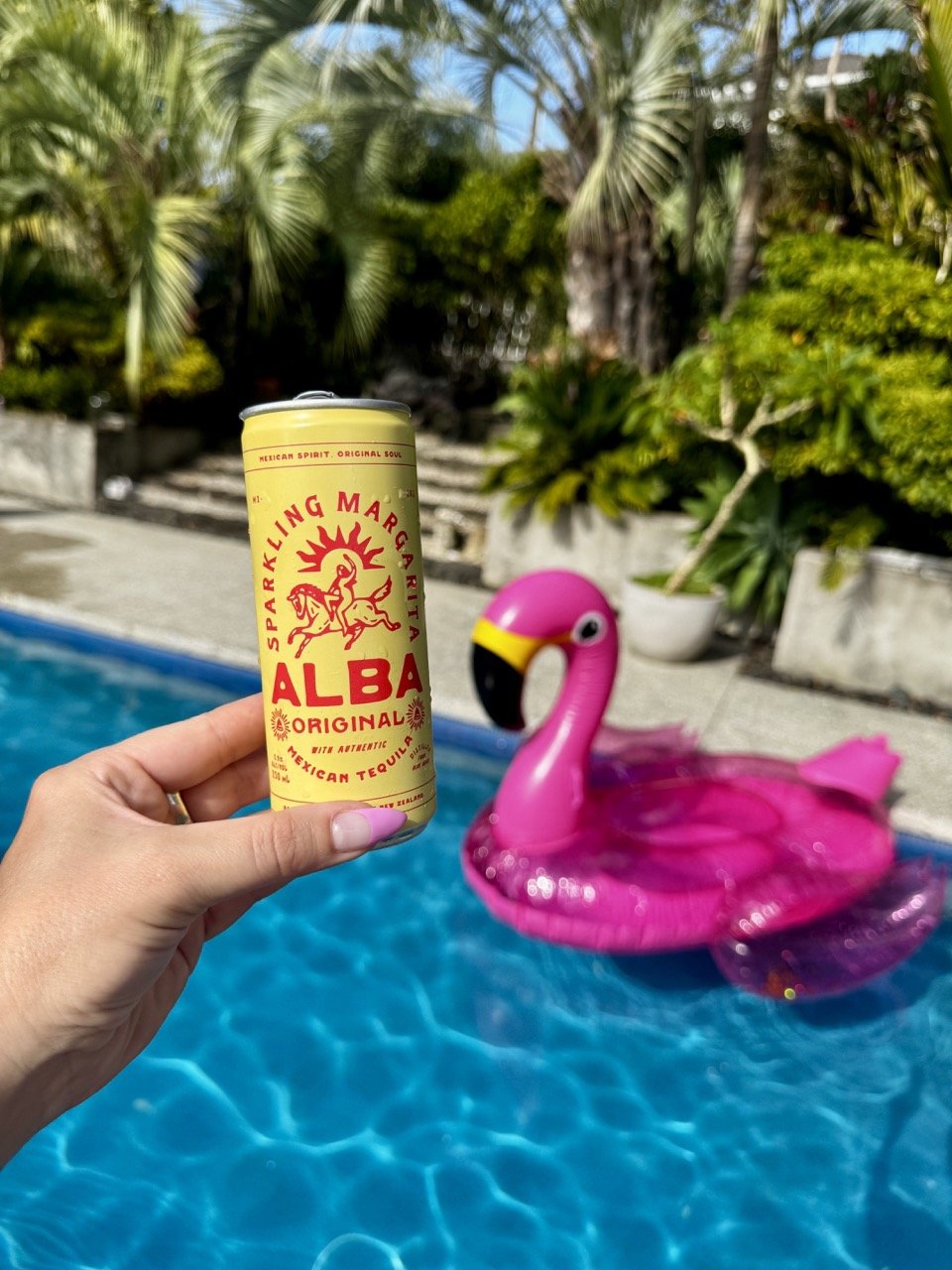Lack of desire and lockdown can go hand in hand, says editor Trudi Brewer. Who gets expert advice from naturopath Jane Cronin on how to boost your sex drive in times of stress.
Right now, there's nothing sexy about being in lockdown or the uncertainly of what that brings, not to mention the effect it can have on our moods. As far as intimacy goes, naturopath Jane Cronin says many things affect a healthy sex drive. “Libido is another word for our sex drive or the mental, physical and emotional desire for sexual activity." Hormones during pregnancy or menopause create massive changes in our lives, add stress, anxiety, exhaustion, and depression to the mix, and this is when desire can drop. Cronin believes, "If you were to talk to your friends about libido, you would find that everyone's is quite different, and this is perfectly normal. It's more about establishing what is normal for you or important to you and understanding that sexual interest changes depending on what else is going on at different ages and stages in life.”
According to Cronin, several life issues affect our libido; here's the list below.
Clinicians naturopath Jane Cronin
Stress: Not great for many things, research shows it affects our love life too. Adrenal hormones released in the fight or flight response are known to decrease libido. This is a primitive response where the body shuts down non-essential functions when it thinks we are under threat. It also assumes we're unlikely to reproduce, which is why sexual desire originated. Stress affects our mental state too, and for anyone under a lot of pressure, sex is the last thing they think about.
Hormonal changes: Our sex drive is affected by the delicate balance of our hormones, including oestrogen, progesterone, and testosterone. At different times, the balance of these hormones fluctuates, all three gradually decline as we age. In addition, the neurotransmitters we produce, such as dopamine and serotonin, also affect the Libido.
Health issues: Repeat vaginal yeast or bacterial imbalances can make us uncomfortable and unconfident about sex. Also, around menopause, tissues in the vagina shrink and dry out, which can make sex uncomfortable, which is why women may be less motivated to have sex.
Medications: Some medications can affect Libido. For instance, some women notice a drop in Libido when they are on the oral contraceptive. In addition, antidepressant medications may also have an effect on sexual interest.
Self-esteem & body image: There is a considerable link between how we feel about ourselves, which determines whether we feel desirable, and this obviously affects our interest in our sex drive.
Here’s what you can do to help
Your diet can help boost your libido
For women with declining oestrogen levels, you can naturally support these levels by eating plants rich in phytoestrogens. This includes foods containing soy (tempeh, soybeans, tofu, miso), flaxseed, sesame seeds, wheat, berries, oats, barley, dried beans, lentils, rice, alfalfa, mung beans, apples, carrots, wheat germ, rice bran and turmeric. In addition, we need good sources of fat, as they are used to make our hormones, and it has been shown that eating a low-fat diet can decrease hormone levels. Eat less saturated animal fats and include more monounsaturated fats from nuts, plant oils, avocado, and polyunsaturated fats from fish oils and essential fatty acids like evening primrose, flaxseed, and borage.
So can regular exercise
Exercise is an excellent way of de-stress while toning the body. It also releases feel-good chemicals that make us feel happy. In addition, studies have found that those who exercise regularly had more testosterone, especially lifting weights.
Sleep & relaxation are important too
This is as important as working out for managing stress levels. In terms of stress management, coffee triggers cortisol, our stress hormone and can increase anxiety. One coffee a day might be fine, but if you drink several cups a day, you might want to cut it back and give your adrenal glands a break. The same goes with alcohol; while it's often used as a relaxant, and one or two glasses are okay, excess or frequent alcohol use affect your sex drive - moderation is the key to a healthy libido.
Clinicians Women’s Intimacy Support, $15.
Clinicians Evening Primrose Oil, $23.
Can nutrients help boost libido?
Are you low in iron?
First up, interestingly, if you are low in iron, you also may have a low libido. This is a common problem for many women and often leaves us with general fatigue. So, if you are tired and disinterested in sex, it might be worth getting your iron levels checked.
What natural nutrients can help?
Several herbs are known to support a healthy libido. Red clover and black cohosh, are rich in phytoestrogens that can support women with declining oestrogen levels. Shatavari has been used in Ayurvedic medicine for thousands of years as an aphrodisiac and is best known as “she who has hundreds of husbands” due to its tonic effects on female reproduction and supporting healthy libido. Others include Tribulus and Damiana, both known to support healthy testosterone levels. The much-prized Peruvian herb, Maca has been used to support sexual health and energy for both men and women as we age. It also supports endurance and stamina in exercise, so it could help you with your daily workout. Rose oil is also another traditional remedy to support sexual interest, function, and satisfaction. As far as vaginal discomfort or dryness, taking Seabuckthorn oil, which contains fatty acids, including vitamin E, can be helpful. As well as specific probiotics that support vaginal health and maintain a healthy balance of yeast and bacteria in the vaginal area.
How about supplements?
Magnesium helps produce sex hormones and is also helpful when it comes to relaxation and sleep at times of stress. Finally, nothing replaces a well-balanced diet of nuts, green leafy vegetables, whole grains, seeds, bananas and meat. Zinc also increases testosterone, so make sure you eat oysters if you can or pumpkin seeds.
Clinicians Sleep Science, $35.
Clinicians Menopause Balance, $47.
























Style-inspiring and captivating.